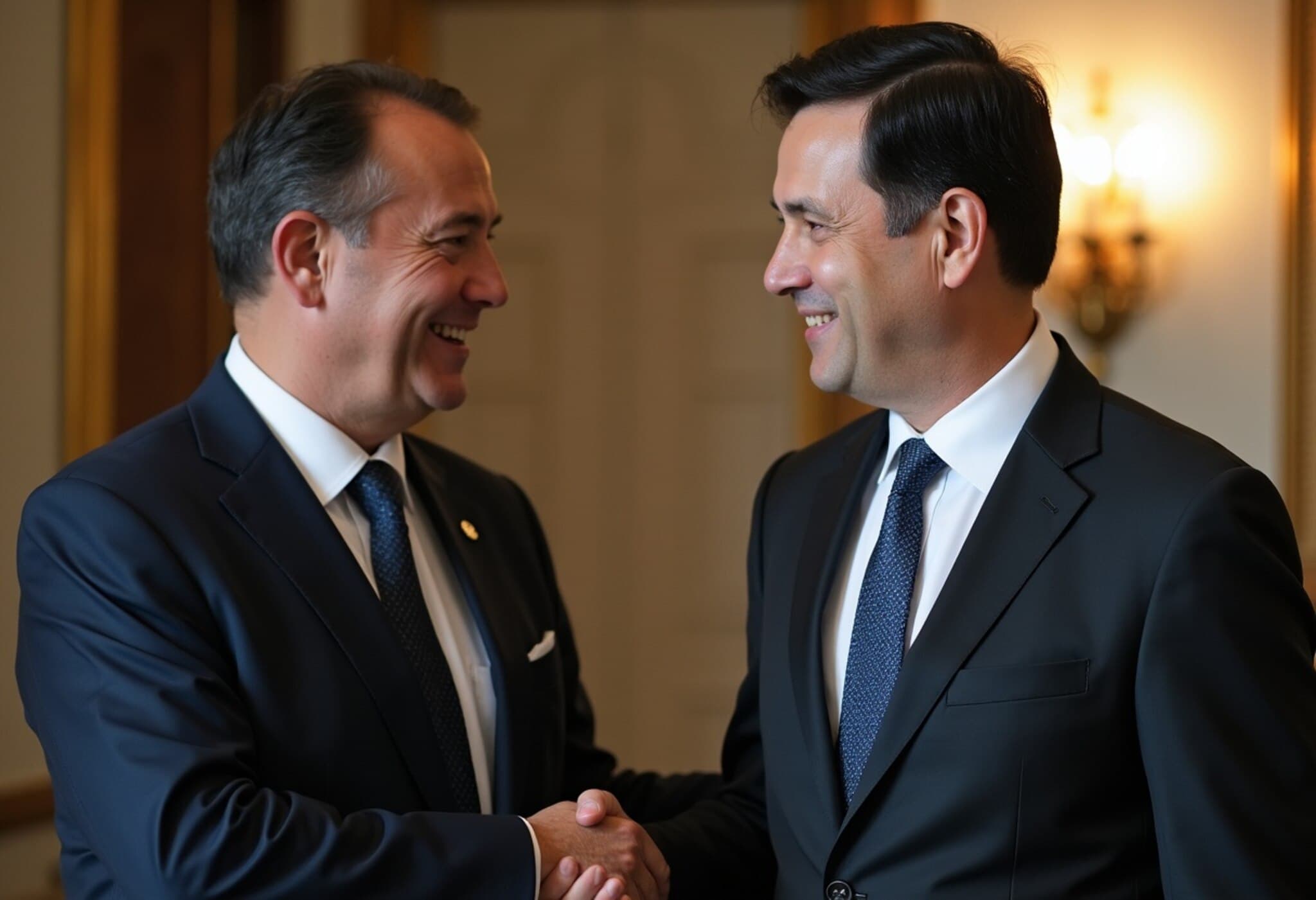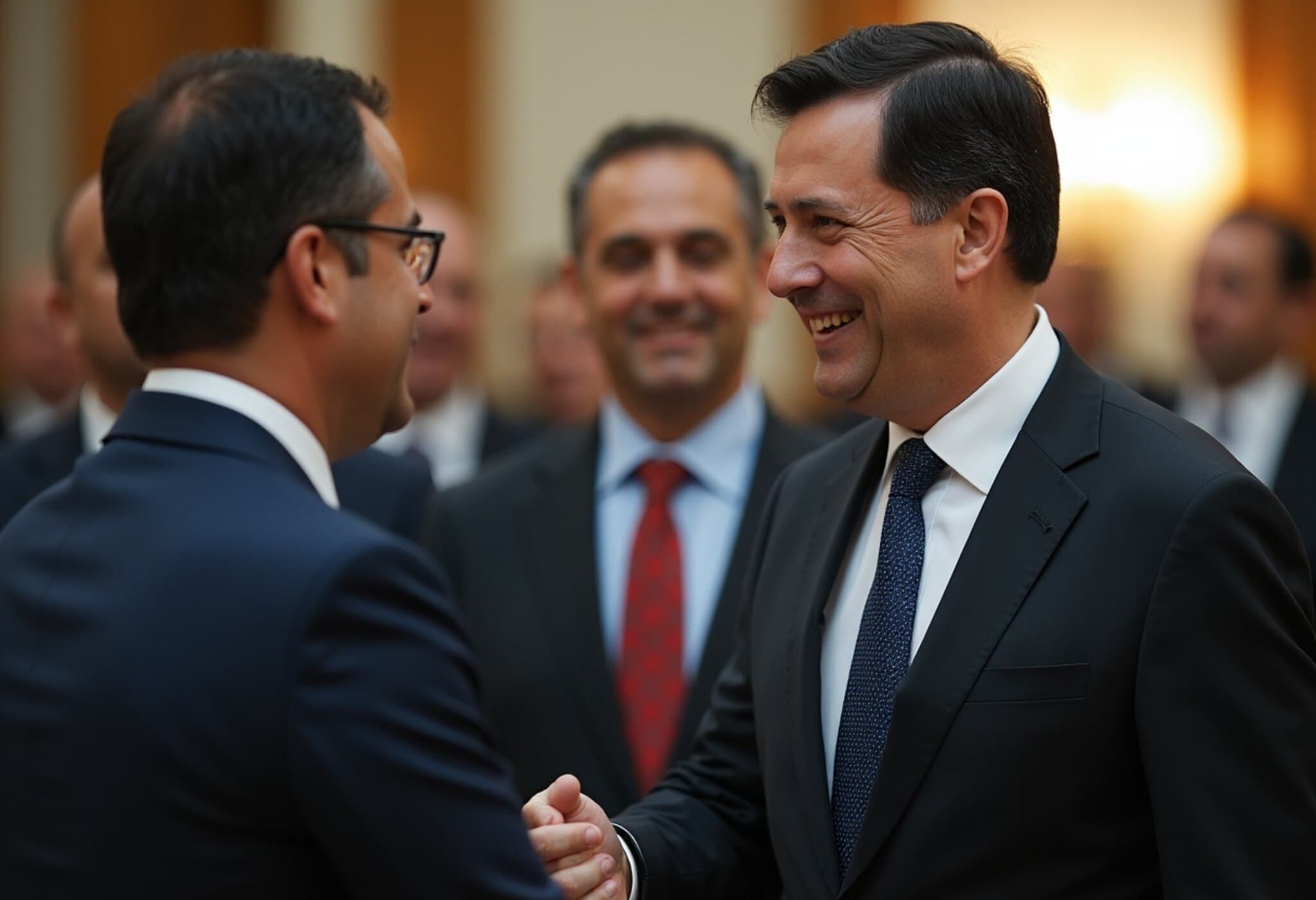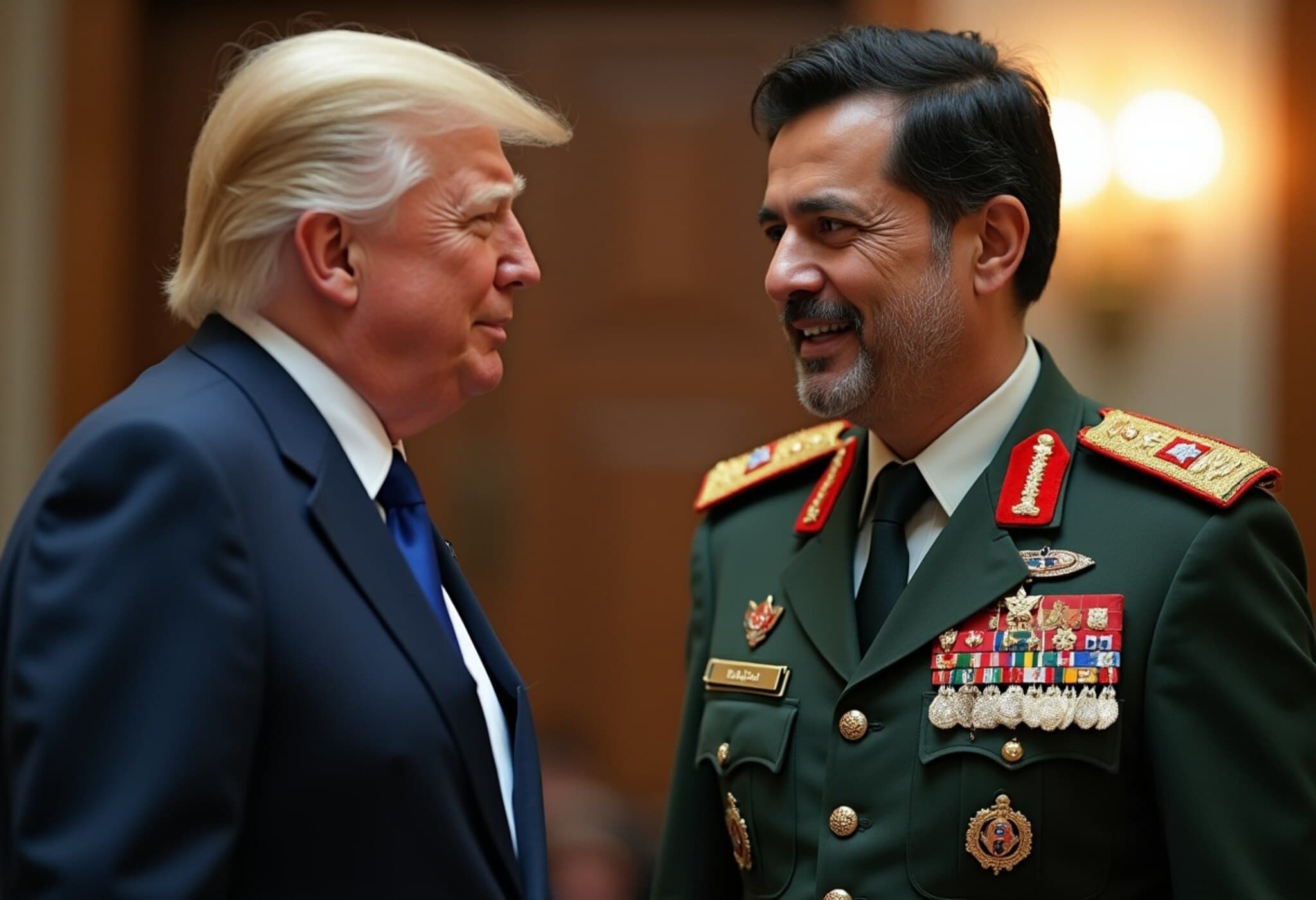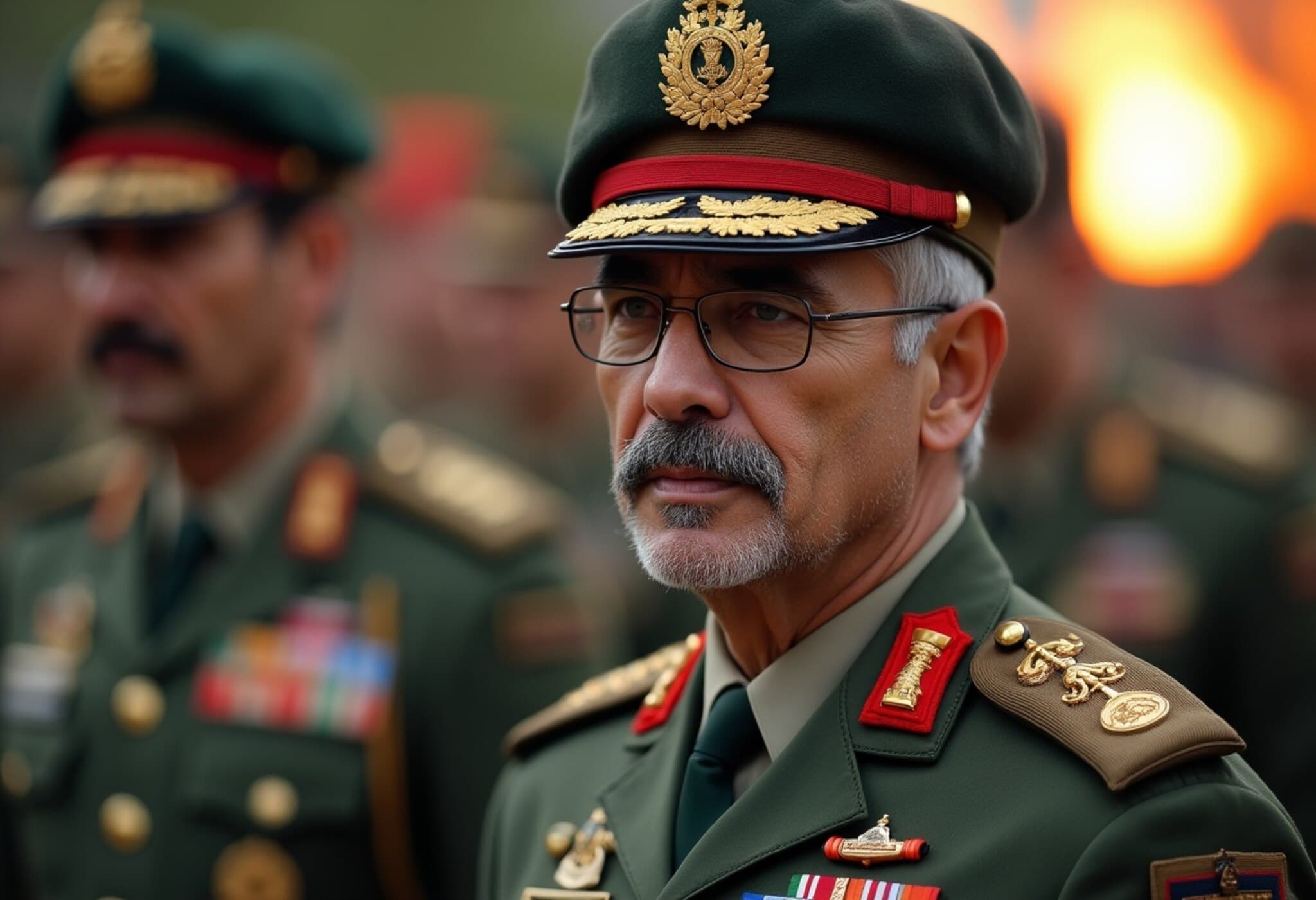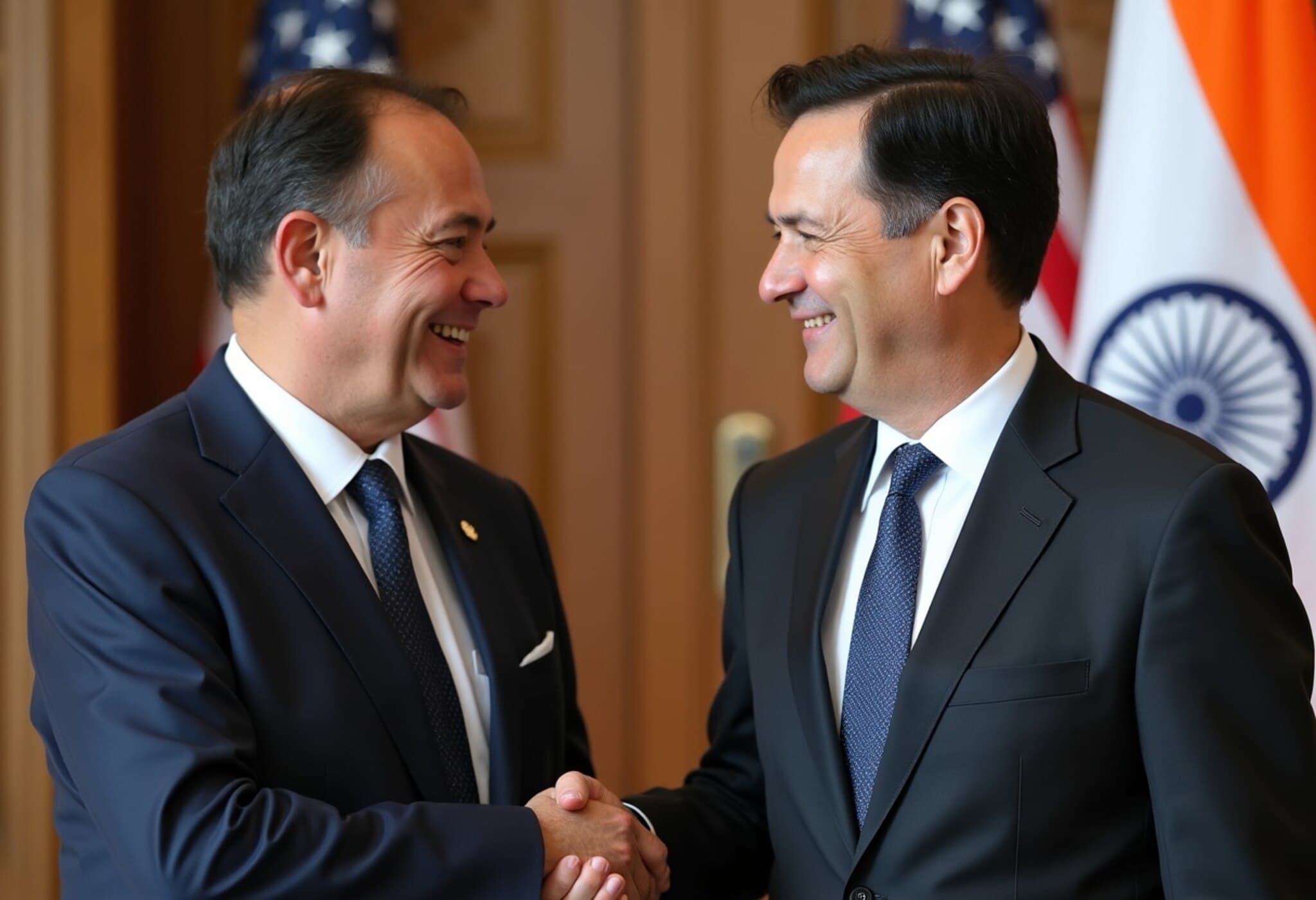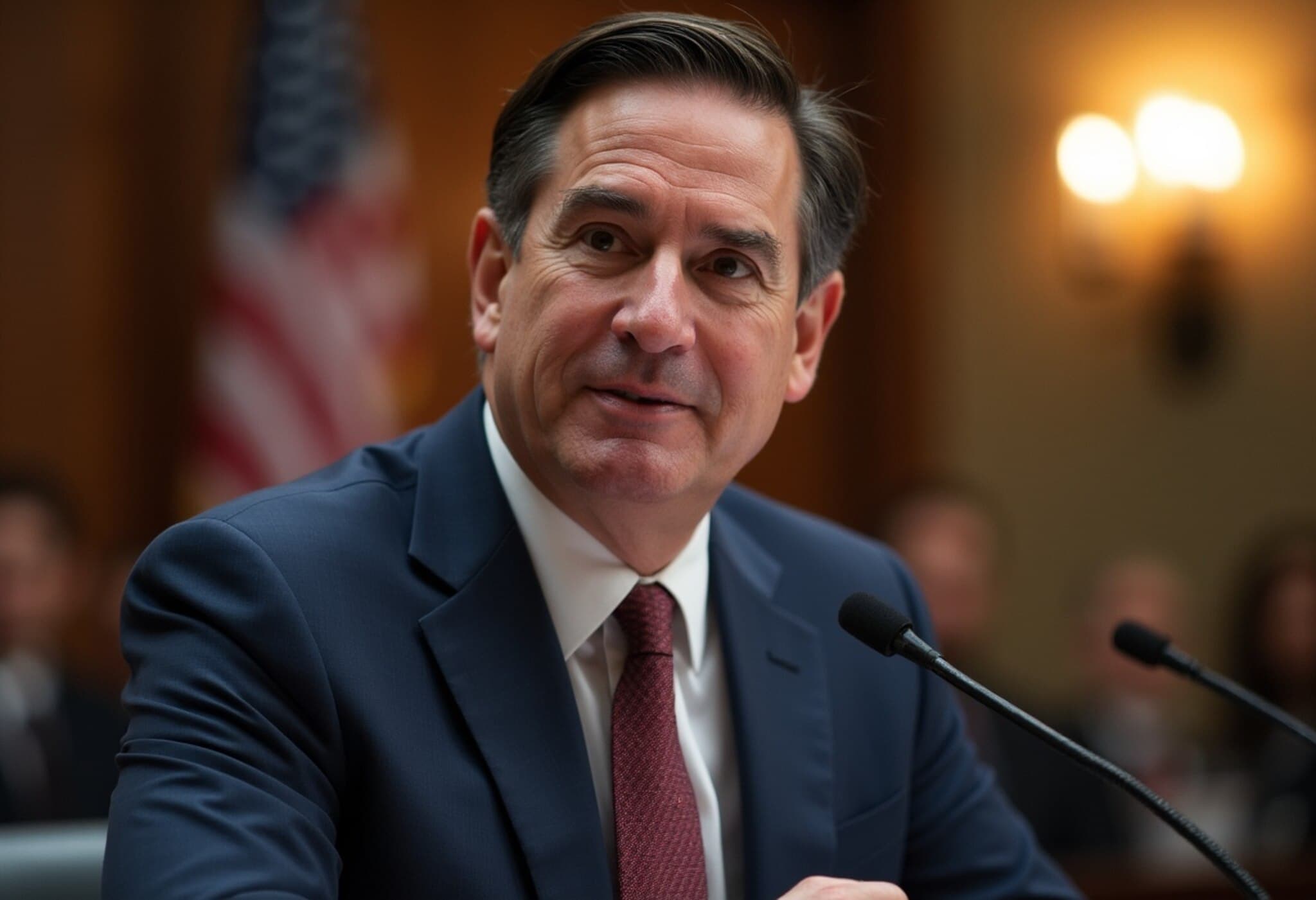US Secretary of State Marco Rubio Commends Pakistan on Independence Day
On August 14, 2025, US Secretary of State Marco Rubio extended warm Independence Day greetings to Pakistan, recognizing Islamabad's significant strides in counterterrorism efforts and expanding trade relations. In a statement, Rubio underscored the growing economic cooperation between the two countries, particularly highlighting potential collaborations in critical minerals and hydrocarbons, vital sectors for both nations' strategic and economic interests.
A Shift in Washington-Islamabad Relations
Rubio’s remarks signal a notable thaw in historically complex US-Pakistan ties. While the relationship has historically fluctuated due to geopolitical pressures and mistrust, recent years—especially under the Trump administration—have witnessed deeper engagement beyond traditional military and counterterrorism cooperation.
The US government’s latest emphasis on economic partnerships, including ventures into cryptocurrency, crude oil imports, and rare earth mineral cooperation, reflects a broader strategic shift. These sectors are crucial for advancing American defense technology and ensuring supply chain resilience, especially amid increasing competition with China.
Regional Context: Tensions and Diplomacy
This warming partnership unfolds against a backdrop of escalating tensions between Pakistan and its neighbor India. Incidents such as retaliatory strikes following terror attacks in Jammu and Kashmir have heightened regional security concerns. Notably, Indian forces carried out significant operations targeting terror infrastructure within Pakistan, including airstrikes on the Rahim Yar Khan and Nur Khan air bases.
The US has played a nuanced role amid these tensions, balancing mediation efforts with strategic interests. President Trump publicly lauded Pakistan’s military leadership and highlighted his administration’s role in mitigating potential conflict between the two nuclear-armed nations, a stance that some experts regard with cautious scrutiny.
Economic Significance: More Than Oil
While media headlines initially highlighted Pakistan’s first-ever imports of US crude oil, analysts suggest that the real prize lies in the access to critical minerals and rare earth elements. These resources are pivotal for technology manufacturing, renewable energy solutions, and national defense sectors.
Rubio’s focus on expanding trade ties into these domains could signify a longer-term strategic vision by the US to diversify partnerships in South Asia, ensuring economic leverage and geopolitical stability amid shifting global alliances.
Expert Insights: What This Means for the Future
- US Policy Perspective: Rubio’s statement reaffirms Washington’s intention to pivot towards multifaceted engagement with Pakistan, beyond legacy issues, emphasizing economic and technological collaboration.
- Regional Stability: Enhanced US-Pakistan cooperation might recalibrate power dynamics in South Asia, influencing diplomatic strategies related to India and Afghanistan.
- Economic Opportunity: For Pakistan, this engagement offers an avenue to boost economic development through foreign investment and access to new energy markets.
Looking Ahead
As US-Pakistan relations evolve, the interplay of security, economic interests, and regional diplomacy will remain critical. Monitoring how these partnerships extend in practical terms—be it through expanded trade agreements, military cooperation, or technology exchange—will offer valuable insight into South Asia’s geopolitical trajectory.
Editor’s Note
Marco Rubio’s Independence Day message to Pakistan encapsulates a complex and evolving relationship underscored by shared security concerns and emerging economic interests. While public goodwill and strategic investments lay groundwork for collaboration, the nuanced regional security environment continues to pose challenges and opportunities. Readers are invited to consider how this diplomatic recalibration might influence broader US foreign policy and regional stability in coming years.

